
What Type Of Water Should You Use In A Hydrogen Water Bottle
Summary
|
When you invest in a hydrogen water bottle, it’s natural to wonder what kind of water should actually go into it. Tap water? Distilled? Mineral-rich? You want to get the best performance out of your bottle and, more importantly, you want to drink hydrogen-rich water that’s clean, safe, and healthy.
This guide breaks it all down in plain, practical terms so you know exactly what to pour in and what to avoid, especially when you’re asking: What water do you use in a hydrogen water bottle?
Why the Right Type of Water Matters in Your Hydrogen Water Bottle?
The kind of water you use isn’t just a small detail, it directly affects how well your hydrogen water bottle performs. The right water supports:
- Efficient hydrogen generation
- Longer-lasting, healthier electrodes
- Clean, neutral taste in every sip
- Fewer maintenance issues over time
Using hard tap water or unfiltered mineral-rich water can slow hydrogen production, cause residue buildup on the electrodes, and even lead to premature wear. So, if you’ve ever asked, what water do you use in a hydrogen water bottle? Here’s your answer: stick with clean, purified, or distilled water for best results.
Now, let’s discuss in general, what you should look for while deciding the right water type.
What to Look for in the "Right" Water for Your Hydrogen Bottle?
Choosing the right water isn’t complicated, but it does make a noticeable difference in how well your hydrogen water bottle performs. Here’s a simple checklist to keep in mind every time you fill up:
- Moderate TDS (Total Dissolved Solids): Aim for 50–200 ppm. This range supports optimal hydrogen production without overworking the electrodes.
- Low in Chlorine and Heavy Metals: These elements can wear down your bottle’s internal components and negatively affect taste over time.
- Neutral to Slightly Alkaline pH: Water that’s neither too acidic nor too basic helps maintain overall quality and bottle performance.
- Clean and Contaminant-Free: Make sure the water is free from bacteria, sediment, and other impurities to keep things safe and smooth.
If you’re wondering what water to use in a hydrogen water bottle, start with this list. Filtered or mineral water typically checks all the right boxes and remains a reliable go-to for most users.
Pros and Cons of Common Water Types
When it comes to using a hydrogen water bottle, the type of water you fill it with matters more than most people think.
Different water types can affect how much hydrogen is generated, how well the bottle works over time, and even how the water tastes. Let’s break down the most common options and see which ones work best.
1. Tap Water
Tap water is the most accessible option for most households, but its quality varies a lot depending on where you live. Here's how it holds up for hydrogen generation:
However, use tap water with caution. Only use tap water if you filter it first. Hard or unfiltered tap water can damage the bottle’s components over time.
2. Filtered Water 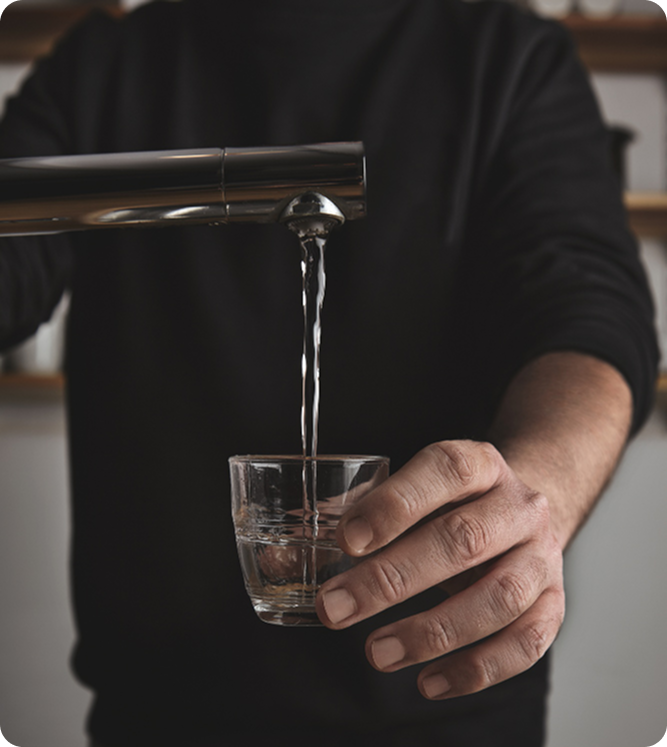
Filtered water, like the one from a home water purifier, offers a cleaner, safer alternative to tap water, especially if your region has known water quality issues. It's one of the most practical choices for everyday hydrogen water use.
Filtered water is the best overall option for most users, especially if your local tap water quality is questionable. It gives a clean and crisp output while keeping your bottle’s electrodes healthy and in perfectly good condition.
3. Distilled Water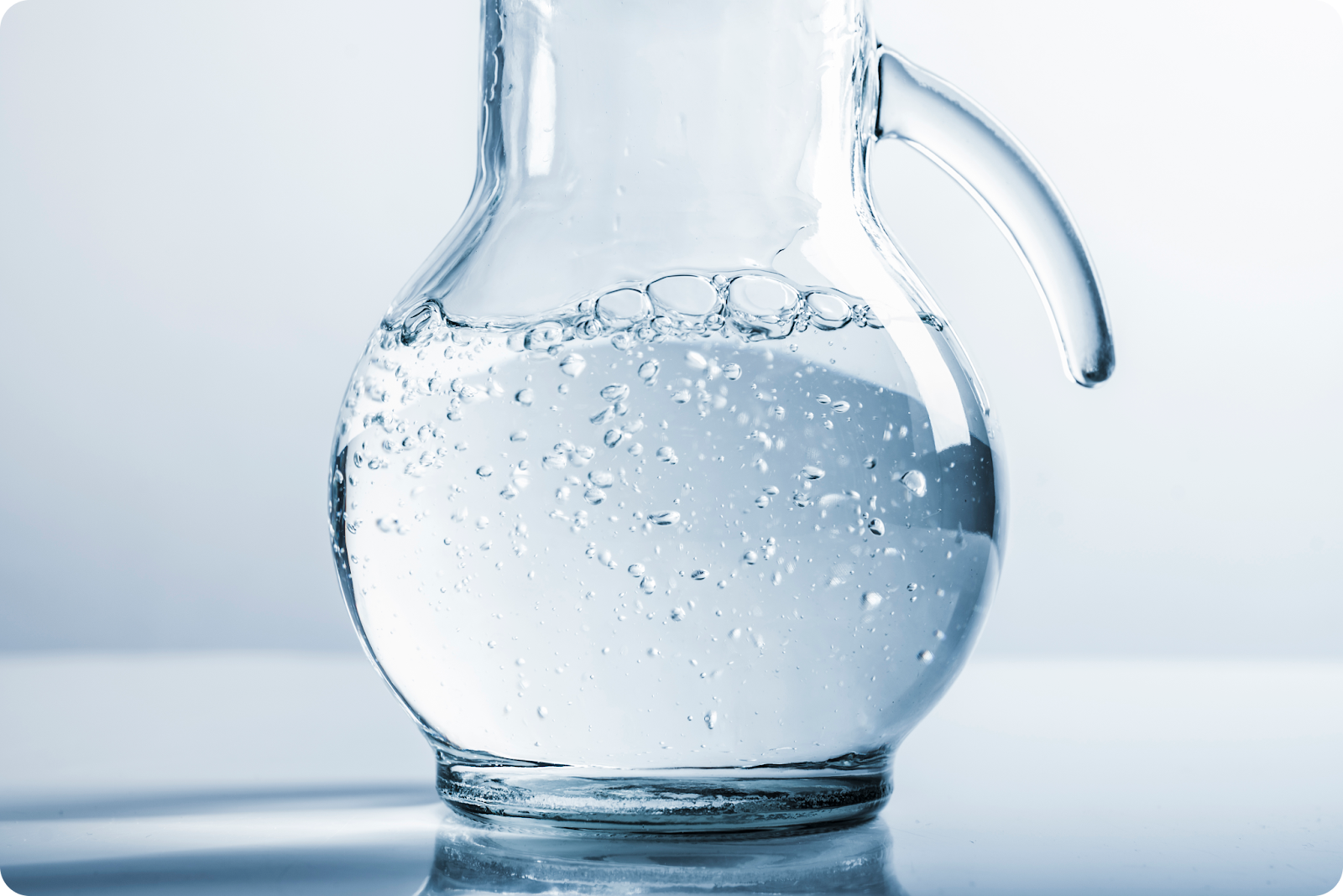
Distilled water is often seen as the “purest” form of water, but when it comes to hydrogen bottles, that purity can actually work against you.
Use distilled water only if your bottle’s manufacturer specifically recommends it and ideally with mineral supplementation.
4. Reverse Osmosis (RO) Water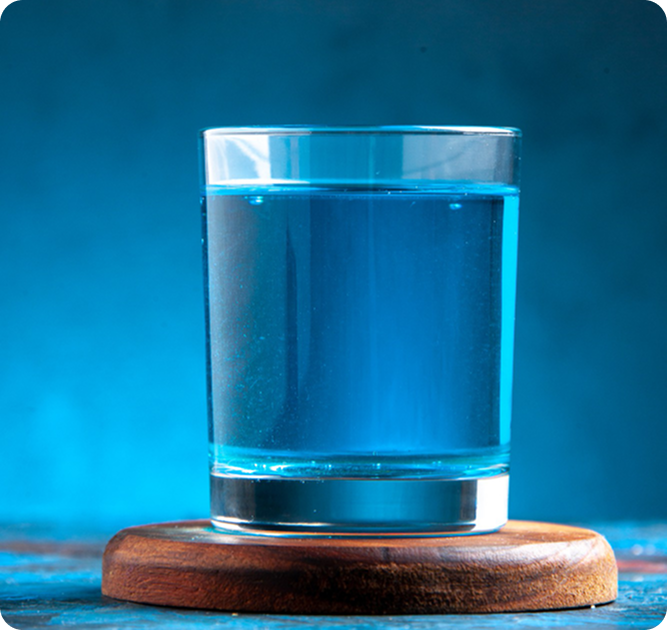
RO water goes through multiple filtration stages, making it a very clean choice. But like distilled water, it also tends to lack the minerals needed for efficient hydrogen production.
RO water is only recommended if you re-mineralize it or your hydrogen water bottle is designed to handle low-mineral water.
5. Mineral Water (Bottled or Spring Water)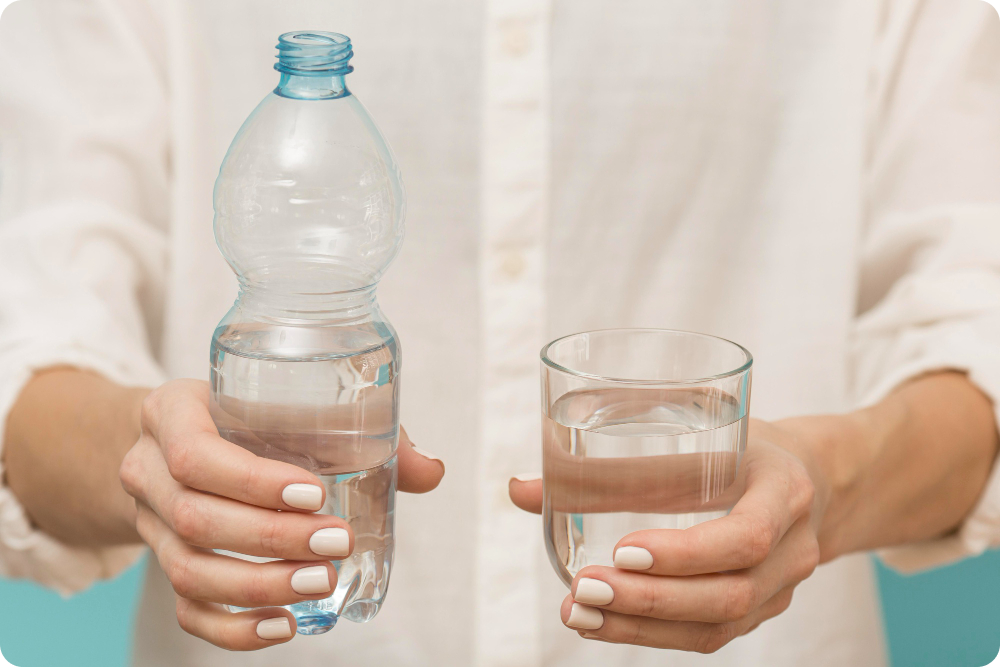
Mineral water naturally contains the electrolytes needed for solid hydrogen output and often tastes great too. It's a strong contender if you prefer bottled options.
Mineral water is a reliable and effective option for consistent hydrogen output, especially if you're willing to pay a bit more.
Understanding what water do you use in a hydrogen water bottle is key to maximizing hydrogen retention and health benefits. With the right choice, you ensure your bottle performs at its best every time.
Pro tip: If your hydrogen bottle starts producing less hydrogen or smells off, mineral or scale buildup might be the culprit, especially if you're using hard water. That’s why regular cleaning is key.
Now, let’s talk about a high-quality hydrogen bottle that’s reliable and checks all the boxes for your everyday use.
The HydroStanley by Dr. Water: Built for Everyday Use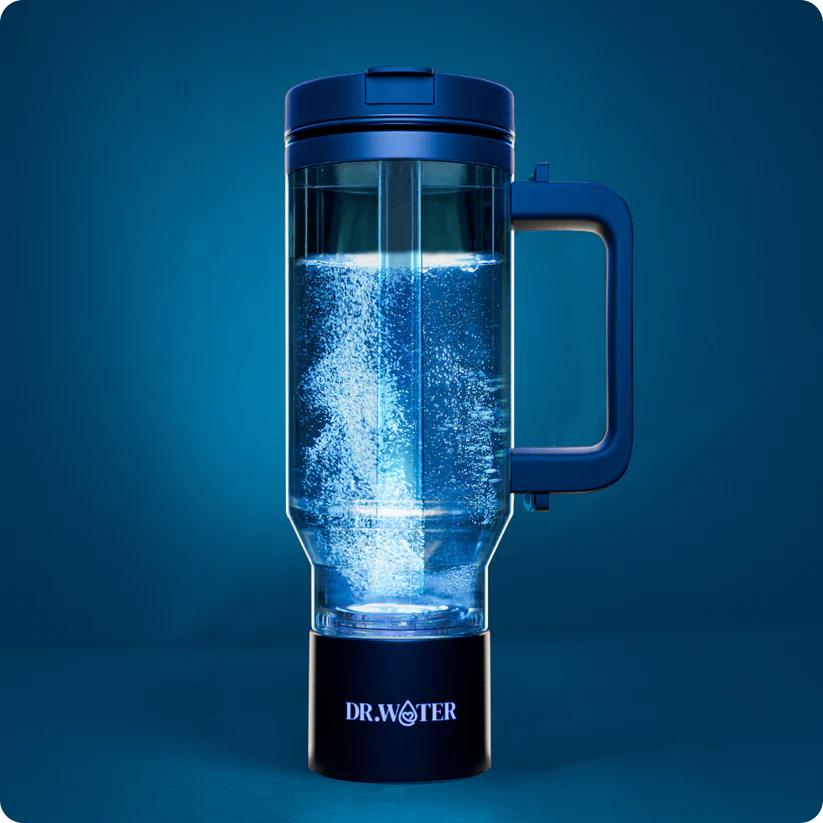
One of the perks of using a well-designed bottle like Dr. Water's HydroStanley is its adaptability and how effortlessly it fits into your routine. It works reliably with most standard filtered or mineral water. That means less guesswork and more consistency.
What makes it especially low-maintenance:
-
Self-cleaning cycle helps reduce limescale buildup over time.
-
Compatible with everyday filtered or mineral water, so you don’t need special prep.
-
Built for safety and durability, even with frequent use.
If you’re looking for a bottle that delivers clean hydrogen water without needing constant tweaks or upkeep. It’s ideal for folks who want something low-maintenance and safe without stressing about the water type every single time.
A Quick Ranking of The Best Water Types for your Hydrogen Bottle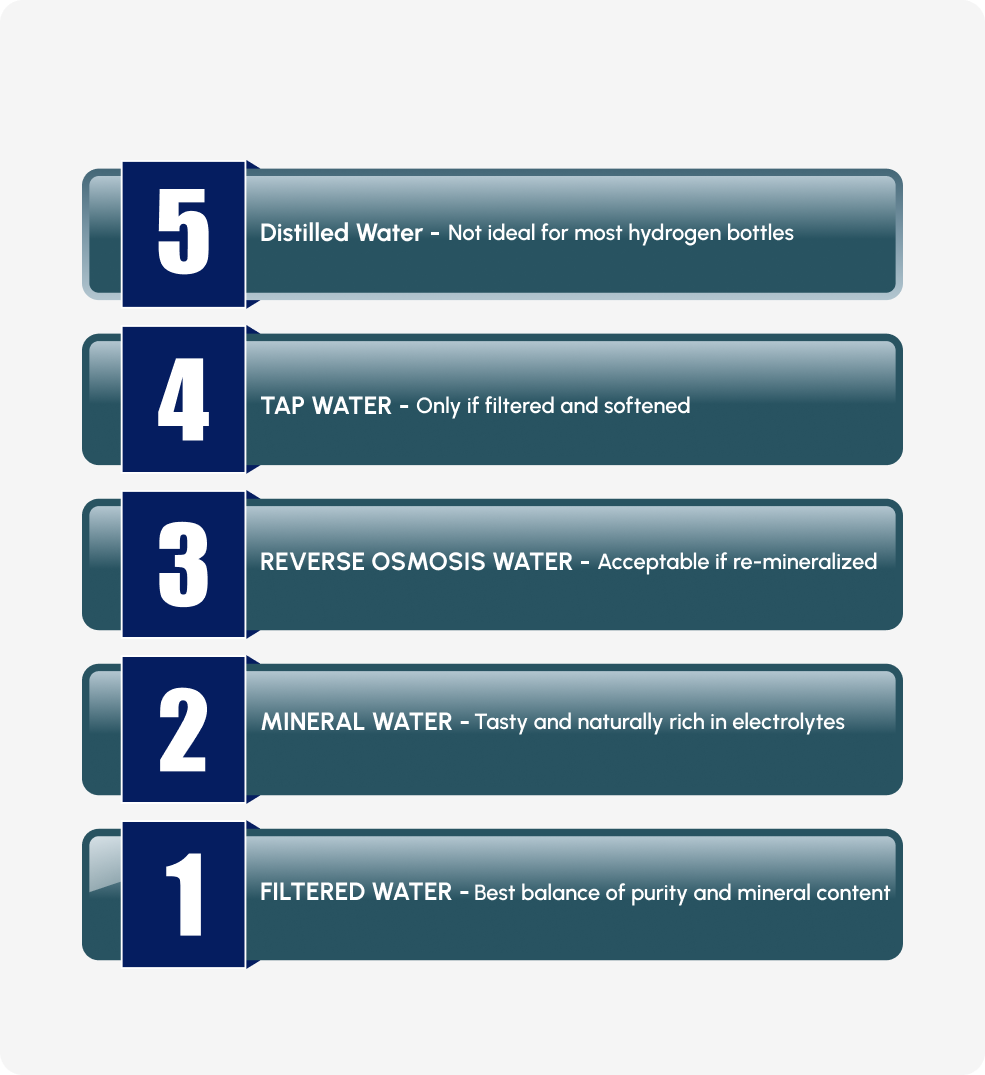
Now that you know how TDS levels and water quality affect hydrogen retention and production, it’s time to choose wisely. Here's a quick ranking of the best water types to use in your hydrogen water bottle for optimal results.
Conclusion
The quality of your hydrogen water starts with the water you choose. Clean, mineral-rich options not only support better hydrogen generation but also help protect your bottle’s technology over time.
A well-made bottle like Dr. Water’s HydroStanley works reliably with filtered or mineral water, taking the guesswork out of the process. If you want better results with less effort, start by picking the right water and a bottle that’s built to handle it. Get it today and try it yourself!
